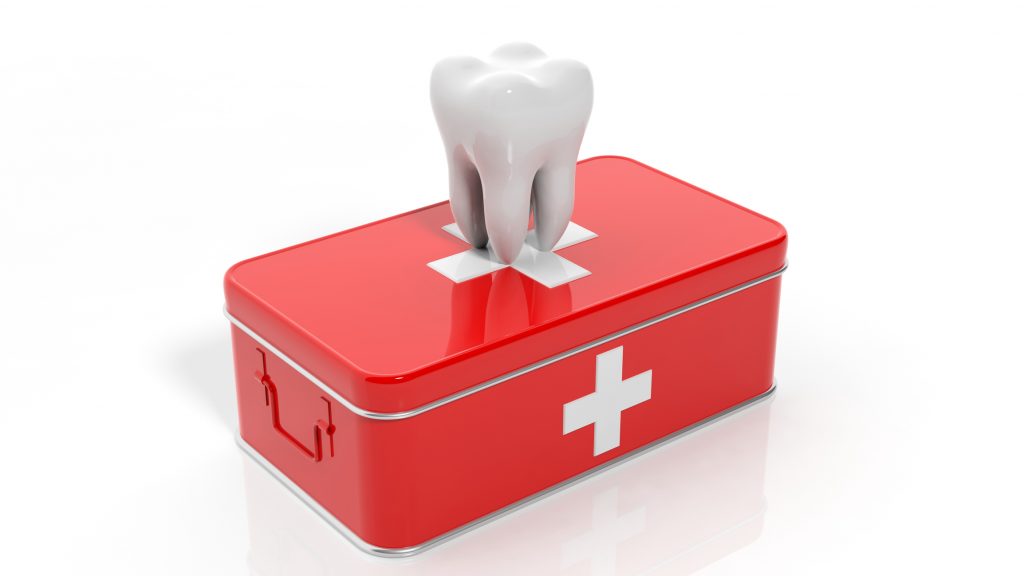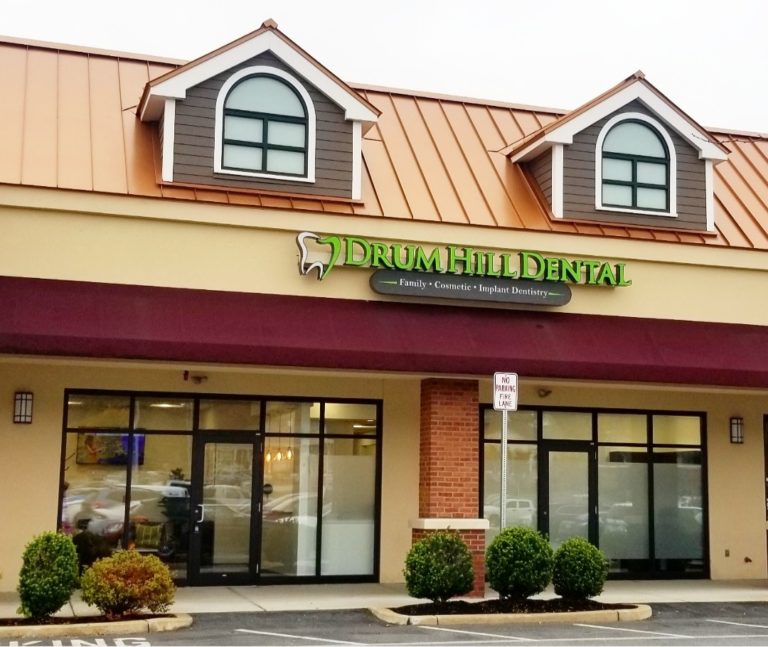Emergency Dental Care
Chelmsford, MA
Urgent Dental Care
If you believe you are having a dental emergency, please contact us immediately at 978-454-5656 for a same-day dental appointment. If it is outside of our office hours, listed below, or we were unable to answer the phone, please leave a message and we will return your call as soon as possible.
Common dental emergencies include:
- severe toothaches
- knocked-out teeth
- cracked or broken teeth
- abscesses
- bleeding gums
- jaw injuries
Get Help Now
Dental issues and accidents can happen at any time. Sometimes they require immediate treatment, and when that is the case, we are here to assist. If you are searching for emergency dentistry in Chelmsford, MA, we are your solution.
Office Hours
Monday: 8:00 a.m. – 4:00 p.m.
Tuesday: 8:00 a.m. – 7:00 p.m.
Wednesday: 8:00 a.m. – 6:00 p.m.
Thursday: 7:00 a.m. – 5:00 p.m.
Friday: 7:00 a.m. – 2:00 p.m.
Cost of Emergency Dental Care
Dental emergencies follow the same payment guidelines as normal dental practices. For a list of our accepted insurance providers, forms of payment and all other payment information, visit our financial page or visit our office fees page to see how much preventative, cosmetic, or restorative procedures cost.
Insurance and Financial Information Office Fees
Urgent Dental Care
It’s important to address dental injuries promptly, especially in the case of sports-related incidents when a dentist may not be readily available. Seeking treatment as soon as possible is crucial for all kinds of dental injuries. Even if your regular dentist is not accessible or if you are away from home, it’s important to contact a dental office right away, even if you have to call from the emergency room.
You should explain the nature of the injury and the circumstances that led to it. Your dentist will then help you determine the necessary course of action and how urgently it needs to be addressed. At Drum Hill Dental, one of the doctors is always on call, even when the office is closed, and will promptly respond to assess your situation.
While the suggested timelines can provide guidance, it’s ultimately your dentist who should make the final decision about the appropriate course of action. do.
What To Do and When To Do It
Timing and appropriate treatment are both critical when trying to save an injured tooth. As far as timing goes, we can break things down into the following three categories:
Immediate
Treat Within 5 Minutes
If a tooth has been knocked completely out of the socket (“avulsed”) this is a dental emergency, the faster you act the better the chances of saving the tooth long term.
Learn MoreUrgent
Treat Within 6 Hours
If the tooth is still in the socket but looks as though it’s been pushed in, tipped or twisted, or starting to come out, you have an urgent situation. Although the injury is considered serious, you have a much better chance of keeping the tooth than if it had been avulsed (knocked out).
Learn MoreLess Urgent
Treat Within 12 Hours
If a tooth is broken or chipped but still firmly anchored in the socket (not loose and not moved from its original position), chances are very good for keeping the tooth and timing is less critical.
Learn MoreAdditional Questions About Dental Injuries
-
Why is it so important to replant a tooth within 5 minutes?
Research shows clearly that immediate (within 5 minutes) tooth replacement by replantation is the key factor for long-term survival of knocked out (avulsed) teeth. Two other factors are also of importance:
1. The removal of the dental pulp (the living tissue inside the tooth) by a dentist within a few days, — this tissue once separated from the body, will die and cause infection, unless it is removed and the space it occupied disinfected and filled.
2. The person’s age at the time of injury — the stage of growth, formation, and maturity of the teeth, roots, and jaw varies with age and can affect treatment decisions. -
Will it hurt to have my child's teeth fixed?
As a general rule the first obligation of any health professional is to relieve pain. This can often be accomplished immediately with topical anesthetics followed by local
anesthesia, which will give several hours of relief, followed by taking pain killing and anti-inflammatory drugs like ibuprofen. -
How much will it cost?
The answer varies depending on the dentist and the recommended treatment. Once your child is comfortable (see #3), your dentist should discuss all treatment options together with their risks, benefits and alternatives including costs.
-
Why aren't baby teeth replanted?
For one, baby teeth will be lost in the normal course of events. Second, and most important, is the risk to the underlying permanent (adult) tooth posed by replanting a
baby tooth. Time and cost are factors as well. Replantation of baby teeth is not recommended by Pediatric Dentists.



